Having a criminal record can affect someone for the rest of their life. Many formerly incarcerated people struggle to find jobs and housing when employers and landlords conduct background checks. When people’s needs aren’t met, they are more likely to return to prison.
There are also 1,300 state laws in Illinois alone known as permanent punishment laws because they affect people with criminal records long after their sentence ends. The Illinois Coalition to End Permanent Punishments and the Fully Free Campaign aim to transform this system by creating and advocating for legislation to remove these barriers to reentry that people face after getting out of prison.
Four panelists from these groups spoke at an event screening the 2024 documentary Fully Free at the Galesburg Community Arts Center on Sept. 24.
“More than 95% of the people who are incarcerated come home, and most of them do not have the privilege to overcome the barriers through their whiteness or their maleness or their connections, their social capital of their families and the people that they know,” panelist Paul Rothschild said.
The event was hosted by the Illinois Coalition to End Permanent Punishments, Illinois Humanities, and Tri States Public Radio. The screening and panel concluded the day’s events, which included a lunch with Knox students and Galesburg faith leaders at the Galesburg Symphony Center, along with a discussion at the Knox College Hope Center with journalist and documentary filmmaker at DePaul University Judith McRay, and her journalism students.
The panelists include members of the Illinois Coalition to End Permanent Punishments and the Fully Free Campaign: campaign manager Shimere Love, managing director of operations Paul Rothschild, Chicago community organizer Terrence Simpkins, and hip-hop art-ivist and community organizer for the Coalition to Decarcerate Illinois King Moosa.
As the panelists shared, being incarcerated affects people long after they are released.
“I was under the impression that once I had finished or completed my sentence that I could start over, but I soon discovered that that wasn’t the case, that there were these invisible bars that we’ve labeled permanent punishments that follow you for the rest of your life,” Illinois Coalition to End Permanent Punishments’ founding executive director Marlon Chamberlain said in the film.
Fully Free shows the advocacy that led to the passage of Illinois H.B. 1268 in 2023. The bill gives formerly incarcerated people the right to serve as executors of estates. This overturns a 1975 law that prevented anyone with a felony conviction from being an executor of someone’s estate, even for a loved one who consented to them carrying out their last wills.
After the screening, the panelists shared their own stories, including barriers they faced being impacted by the carceral system and how their experiences led them to their advocacy work.
“When I came home almost four-and-a-half years ago, I came home with a passion and a desire to want to do more, mainly in terms of giving back to the society and helping women reintegrate back into society,” Love said.
Audience members were invited to speak as well. Several Galesburg leaders shared their own connections to the carceral system and offered frustrations, hopes, and ideas. People also asked the panelists for advice on making change in Galesburg.
Several people in the room expressed that building a new community center in Galesburg is one necessary step forward. It could be a place to build community, offer free activities for kids, and help ease some of the financial burdens people are facing.
A new community center has been considered by Galesburg City Council for the last few years. There has been debate about its location, budget, and purpose. A task force was formed to make a plan to present to the city council; their final meeting was in 2023. This year, talk of moving forward with the community center has slowed down in city council meetings, but support for the project is building in the community.
On the state level, the panelists also discussed one of their organization’s next goals. They plan to meet with every state legislator in Illinois to work to pass a Clean Slate law that would establish an automated system for expunging eligible criminal records rather than requiring people go through the process themselves. Over 2.2 million people in Illinois are eligible to have their records sealed, but fewer than 10% have begun the process.
“[They have not begun the process] because of the complexity, the trauma, and the cost,” Rothschild said.
People in Illinois are missing out on a total of $4.7 billion annually in lost wages due to unemployment or underemployment from having criminal records.
Twelve states have already passed Clean Slate laws in the last few years with bipartisan support. Rothschild said Clean Slate laws make sense for moral and financial reasons.
“The reason red states are passing Clean Slate is it’s good for business, it’s good for the economy, it’s good for the tax base, and the reason we’re pursuing it is it is life and death for 2.2 million people whose records would be cleared, and this would change their lives, so this is a big piece of legislation,” Rothschild said.
Besides working to pass legislation, the panelists discussed various ways of starting conversations and raising awareness about the injustices of the carceral system.
Moosa, for example, calling himself an “art-ivist,” talked about the power of storytelling through his various mediums of art, from his music to the theater program he helped create while inside Dixon Correctional Center.
“I realized that if I led with my art, then people would be amazed by the art, and then they’ll have their heart open; they’ll have their mind open and subjected to what I had to say, and what I wanted to say was that a child should never be subjected to the standards of an adult because he’s not an adult,” Moosa said.
A theme echoed throughout the evening’s discussion was how to localize the movement for change.
“We not only want to talk about legislation and change on a state level, but let’s create change in our own communities. Let’s start on the local level; let’s mobilize the people here in Galesburg to create the change that is necessary here in Galesburg, so let’s work on bringing a [Fully Free] chapter here in Galesburg,” Love said.
The film is free to view here by filmmaker Carlos C. (https://www.carloscmedia.com/). The panel discussion can be found here.

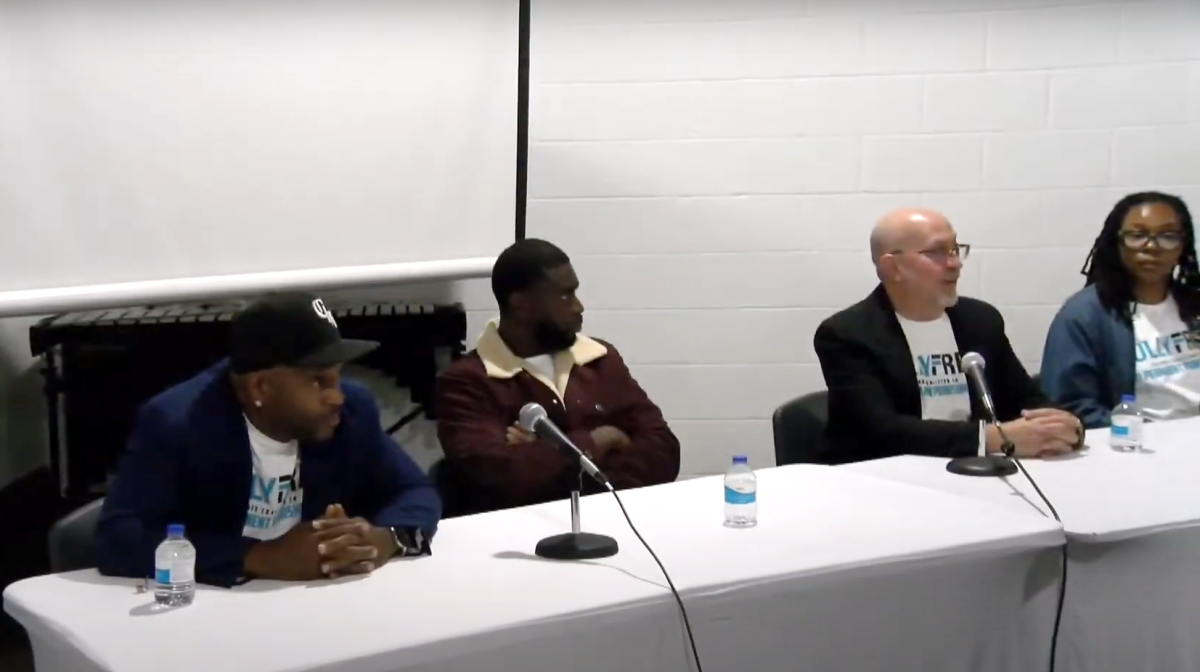
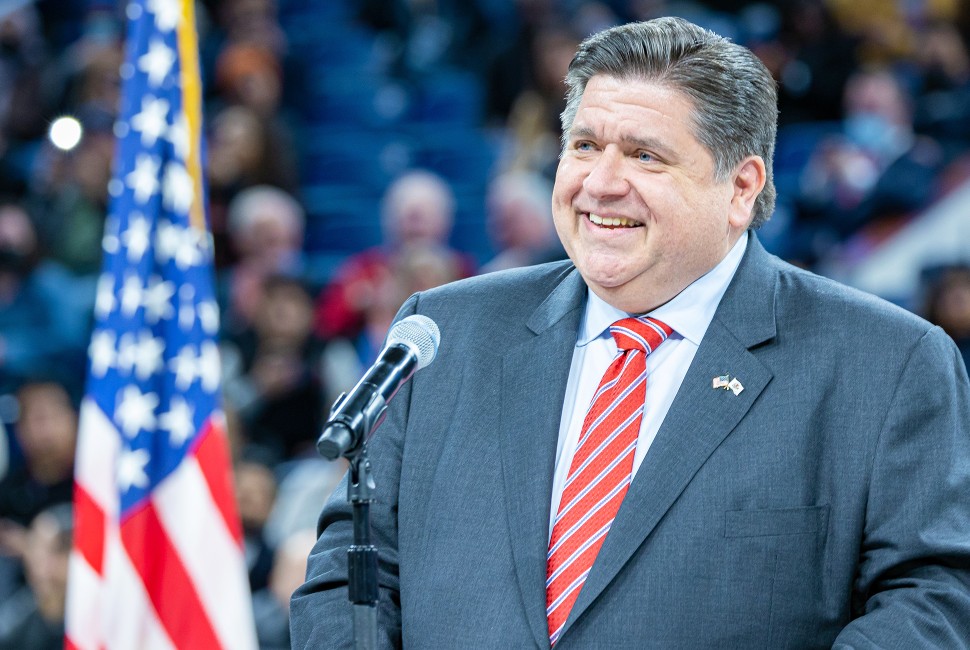
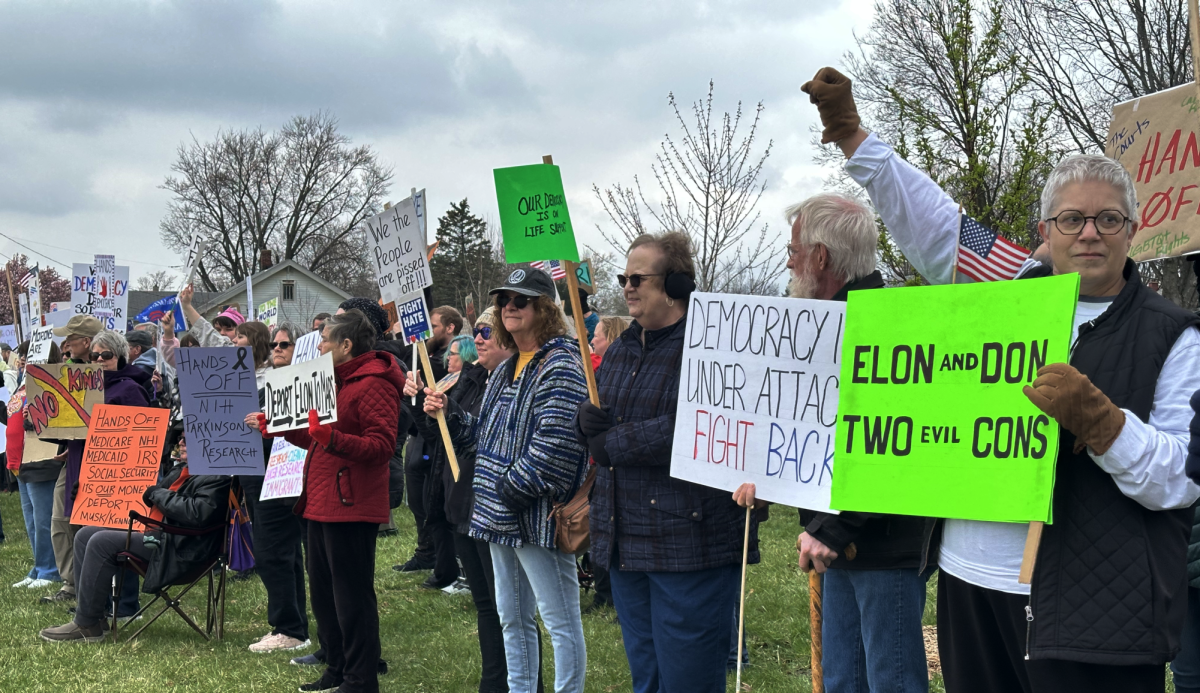
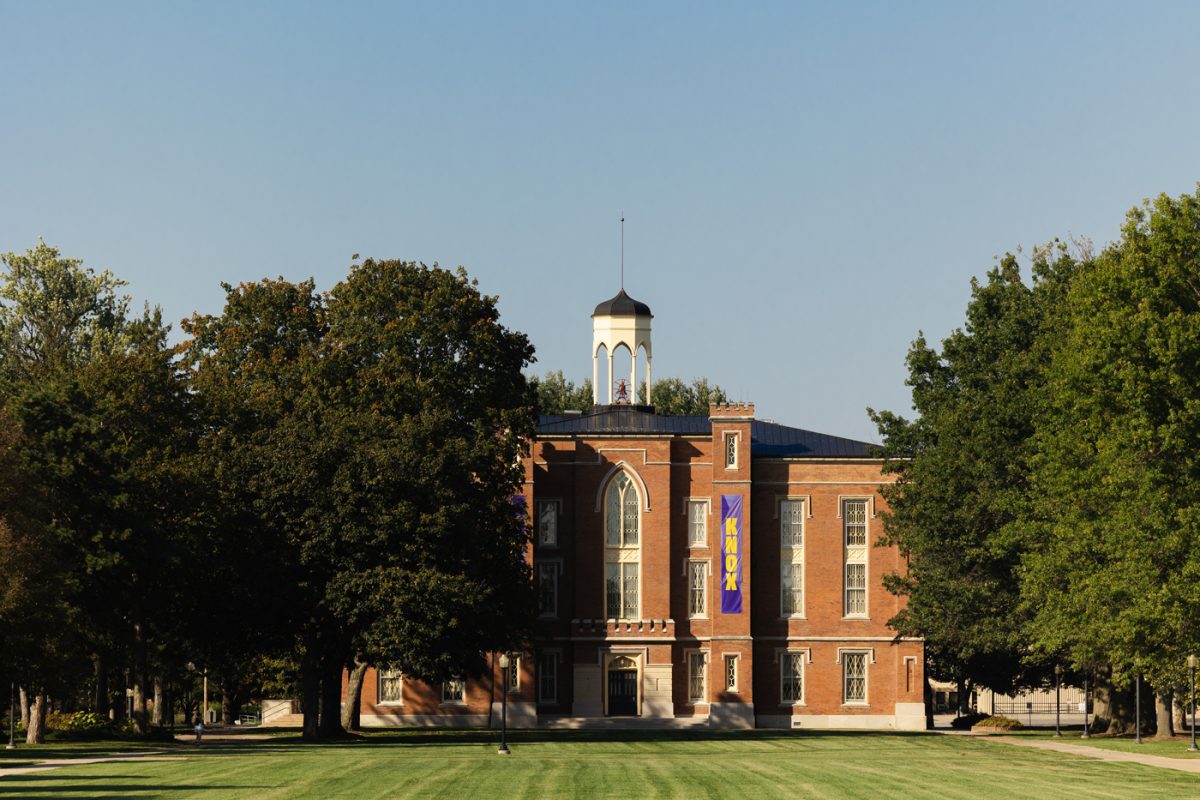
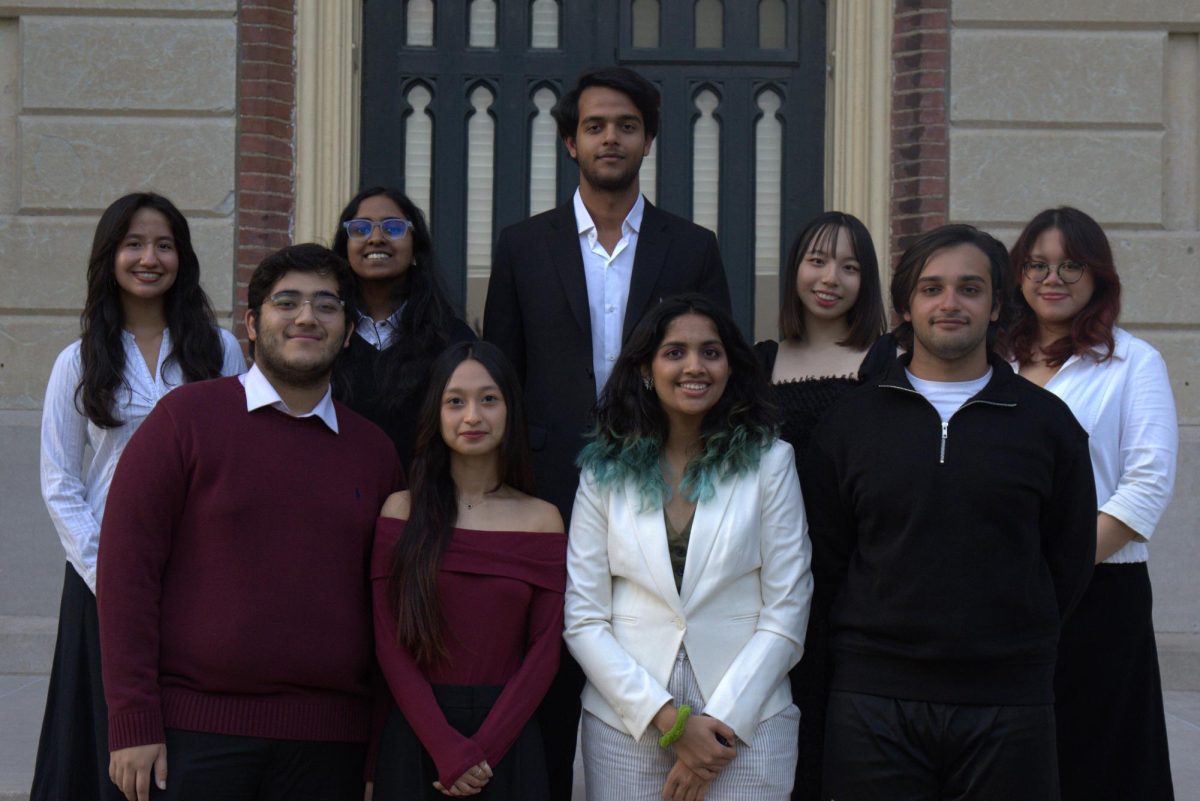
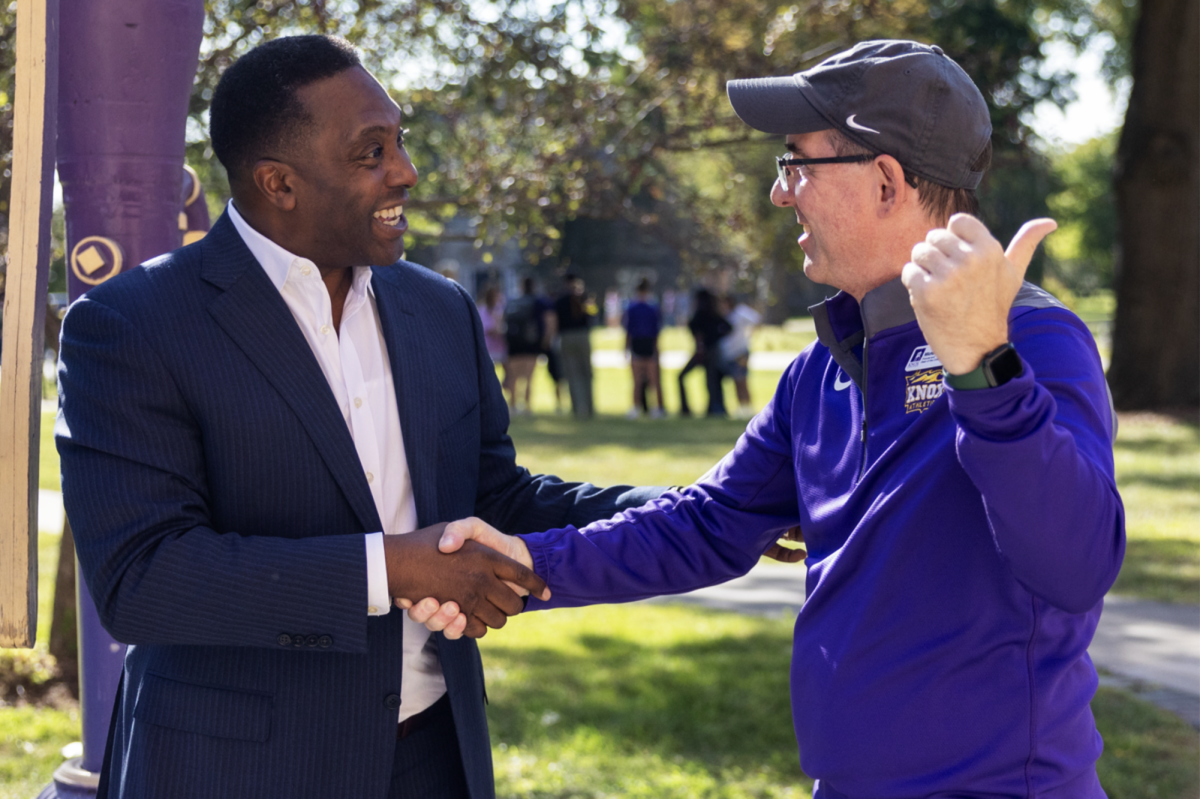
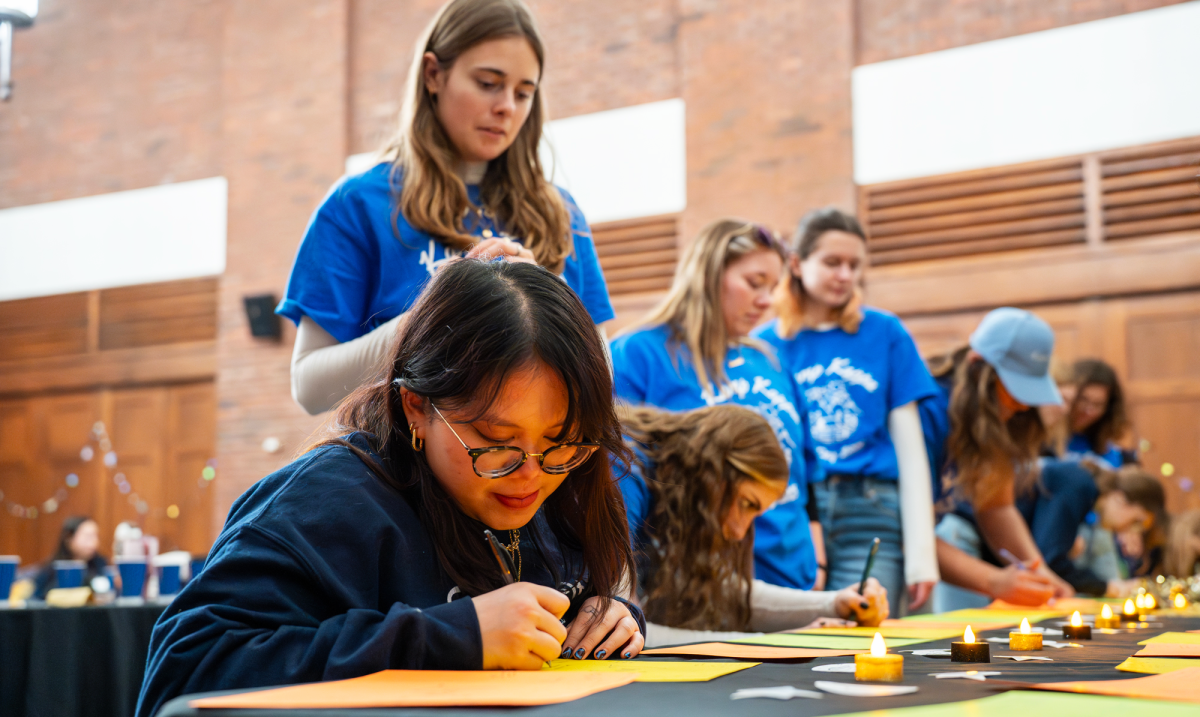
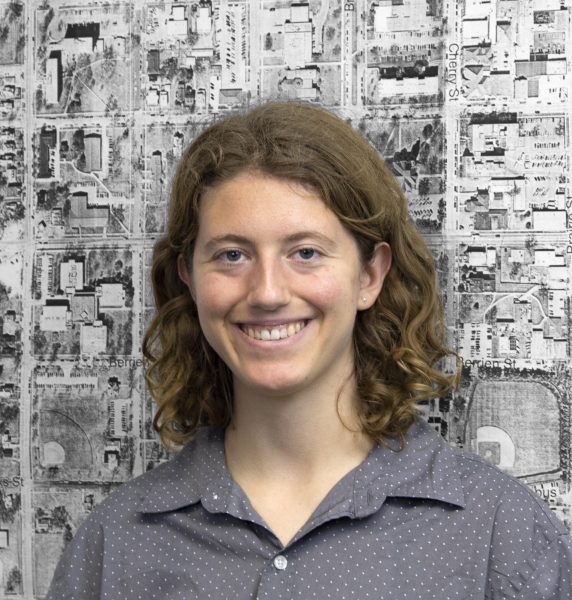
Eleanor Lindenmayer • Nov 3, 2024 at 7:40 am
very well reported! glad we’re covering community events